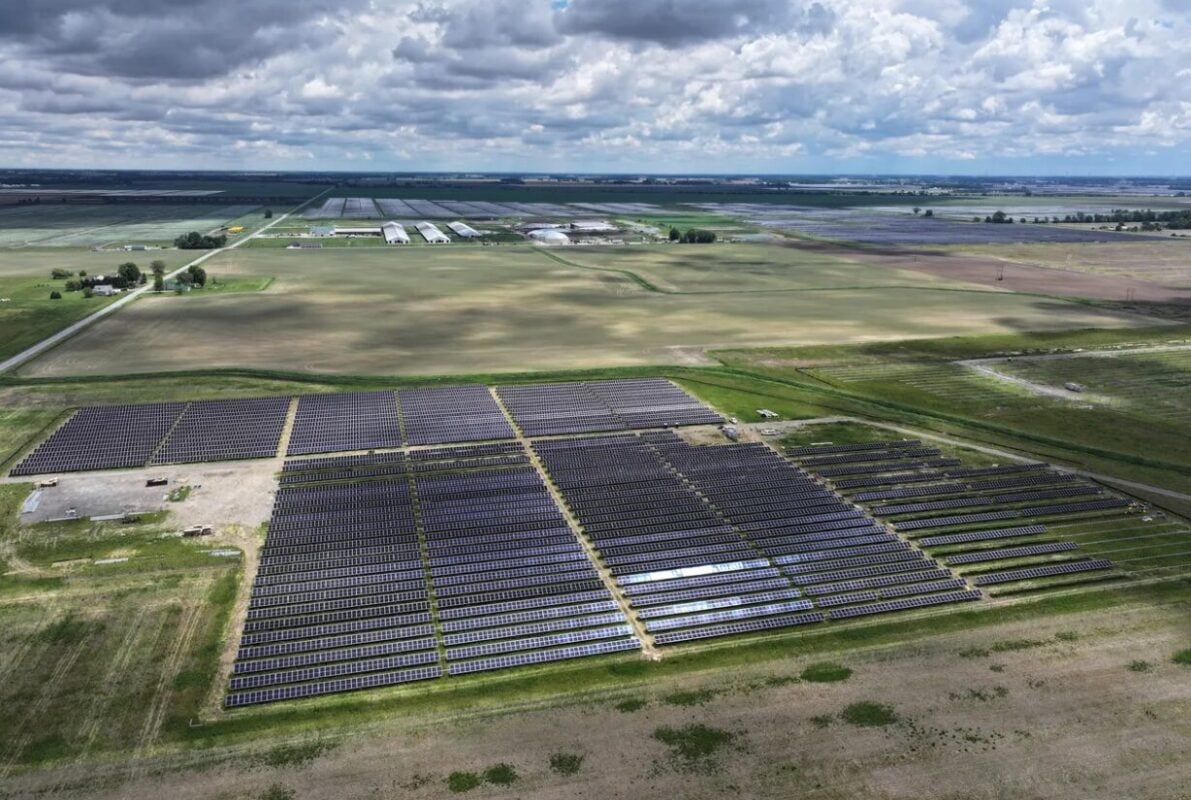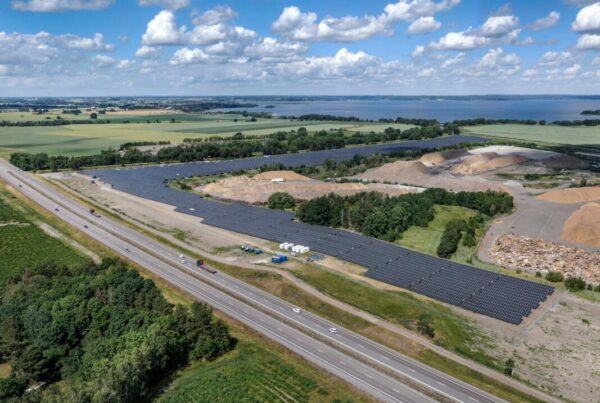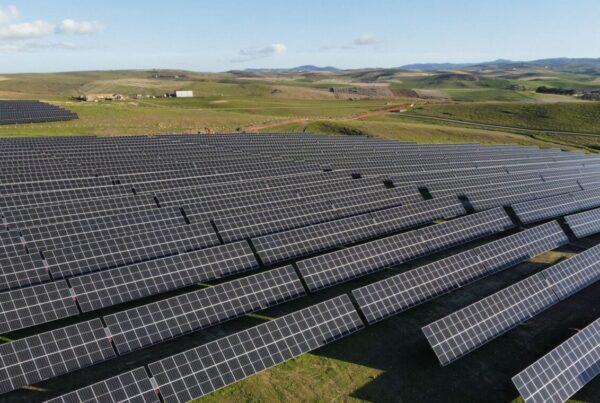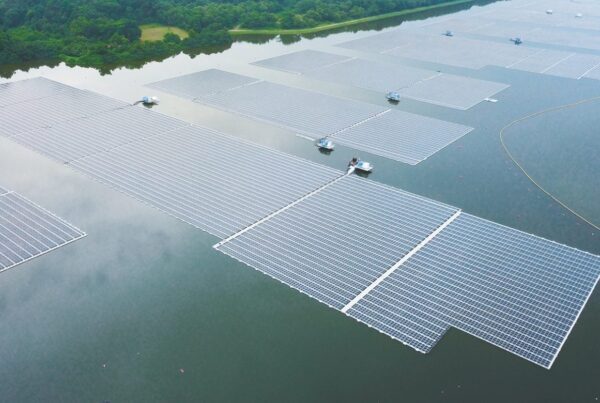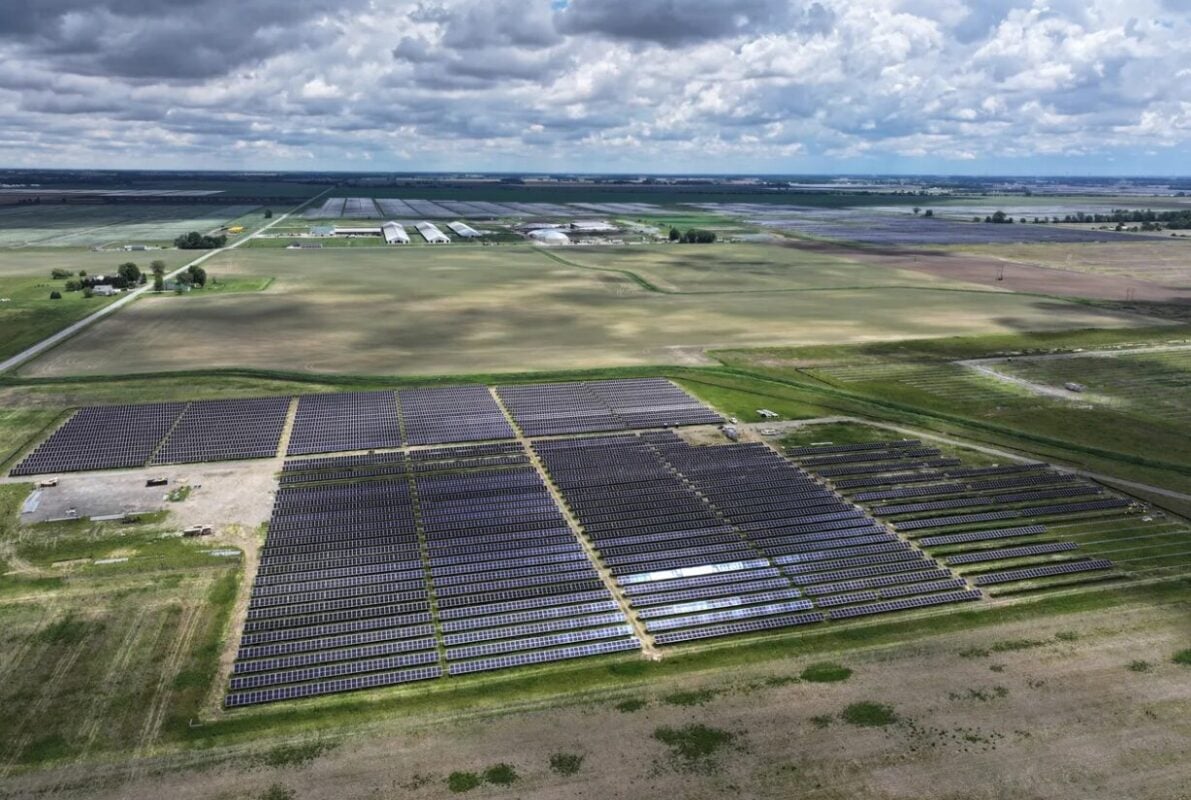
Solarcycle is currently building a recycling plant in Cedartown, Georgia, which will have an annual output of 5GW of solar glass, and support the company’s existing module recycling efforts; in 2024, the company recycled over 480,000 individual panels, but did not specify the capacity of these modules. In last week’s announcement of the Illuminate USA deal, Solarcycle described the Georgia facility as “shovel ready” and expects to begin production of solar glass in “early 2028”.
“This agreement is a meaningful signal to the market about the future of solar manufacturing in the US,” said Suvi Sharma, Solarcycle CEO and co-founder. “Despite some challenging policy headwinds, there is still significant market demand for high-quality, domestically manufactured materials that support US solar manufacturing.”
Sharma’s comments come as the Trump administration looks to incentivise domestic manufacturing of all manner of goods, including materials and components used in the clean energy transition. While many in the solar sector have raised questions about the ability of the US solar industry to meet demand for solar products – particularly those involving polysilicon, of which 90% of global production is based in China – solar panel recycling and end-of-life care is a part of the supply chain that the US might be better-positioned to invest in.
In May, Solarcycle signed a recycling agreement with German renewable energy company RWE Clean Energy, and earlier this month produced a module made of recycled glass from decommissioned panels with a performance in line with entirely new modules, which the company described as “a critical step towards a closed-loop solar manufacturing process”.


